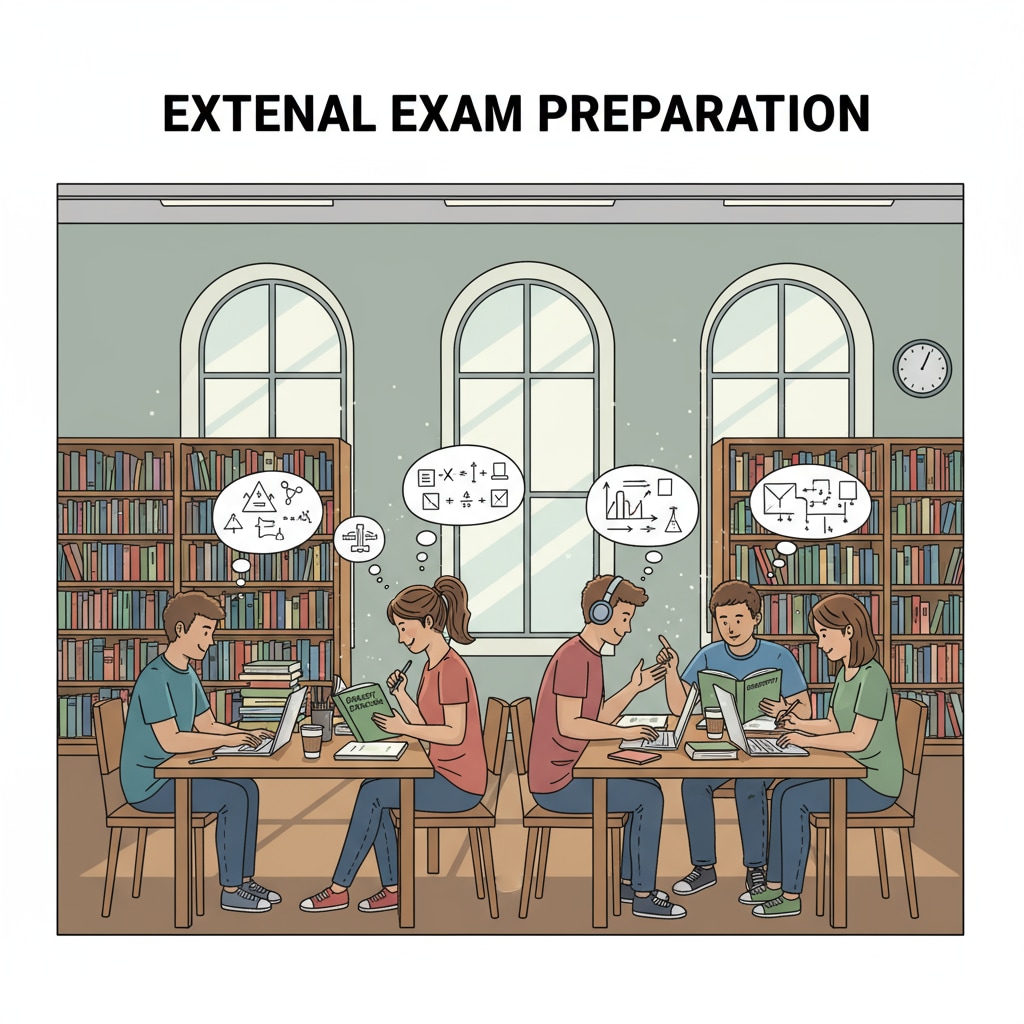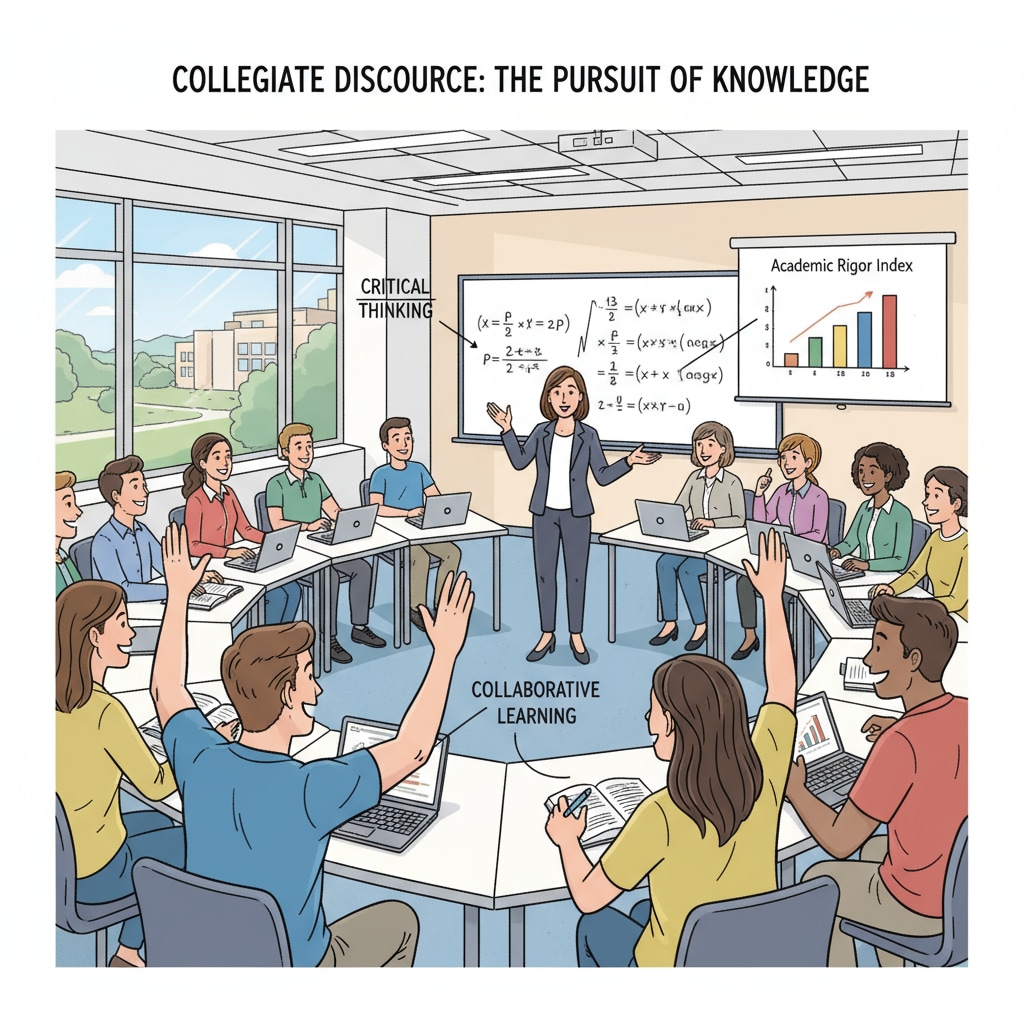Academic rigor, external exams, and college applications are crucial elements for high school students aiming to secure a spot in their desired universities. For those in non-rigorous school environments, it’s essential to find ways to enhance their competitiveness.

The level of academic rigor in school can significantly influence a student’s preparedness for college. In a less strict educational setting, students may face challenges in demonstrating their academic capabilities to college admissions officers.
The Impact of Academic Rigor on College and Beyond
Academic rigor is not just about getting good grades; it’s about being prepared for the intellectual demands of college. A rigorous academic environment helps students develop critical thinking, research skills, and time management abilities. According to Britannica, students who experience high academic rigor are more likely to succeed in college courses. For example, they can better handle complex assignments and participate actively in discussions. In contrast, students from non-rigorous schools may struggle to keep up with the fast pace and high expectations of college.

External Exams as a Remedy
One effective way to compensate for non-rigorous school education is through external standardized exams. Tests like the SAT, ACT, and AP exams can showcase a student’s academic knowledge and skills. These exams are recognized by colleges worldwide and provide an objective measure of a student’s capabilities. For instance, a high score on the SAT can demonstrate strong reading, writing, and math skills. Students should invest time in preparing for these exams, using study guides and taking practice tests. As a result, they can improve their chances of standing out in the college application process. Wikipedia provides valuable information on different types of standardized tests.
Another aspect is to develop self-study skills. In a non-rigorous school, students need to take initiative in their learning. They can explore online courses, read academic books, and join study groups. By doing so, they can deepen their understanding of various subjects and build a strong academic foundation. This self-driven learning not only helps with college applications but also prepares them for the independent learning required in college.
Readability guidance: By using short paragraphs and lists, we can better summarize key points. Each H2 section has a list of ideas. We also control the proportion of passive voice and long sentences, and add transition words like “however”, “therefore”, “in addition”, “for example”, and “as a result” throughout the article.


